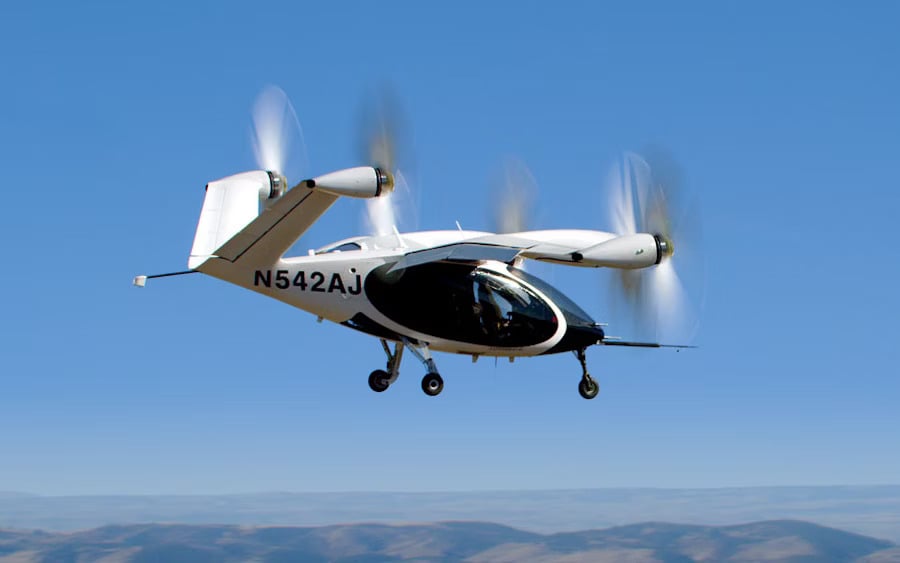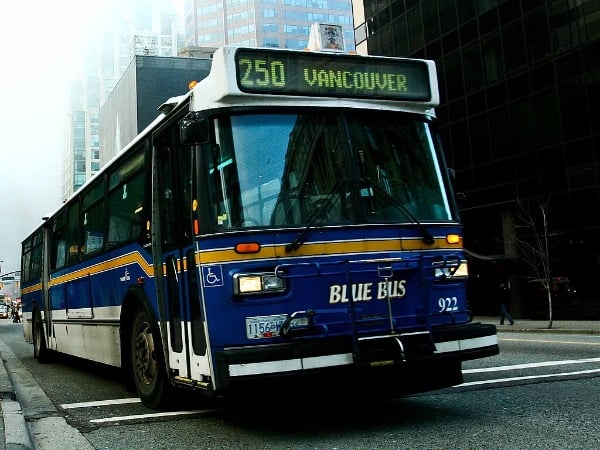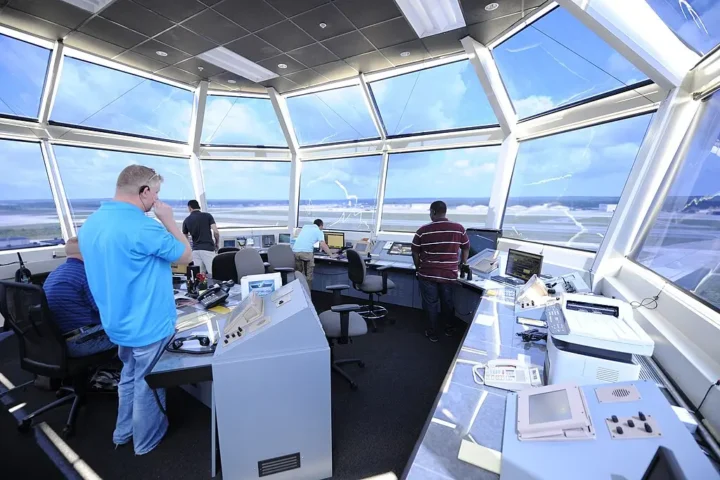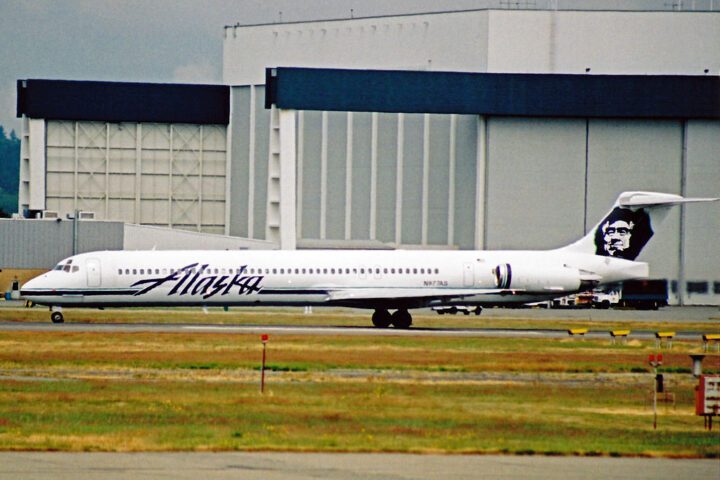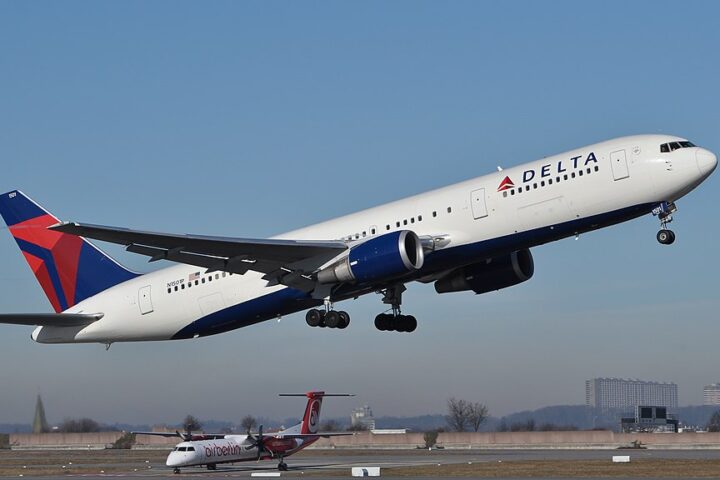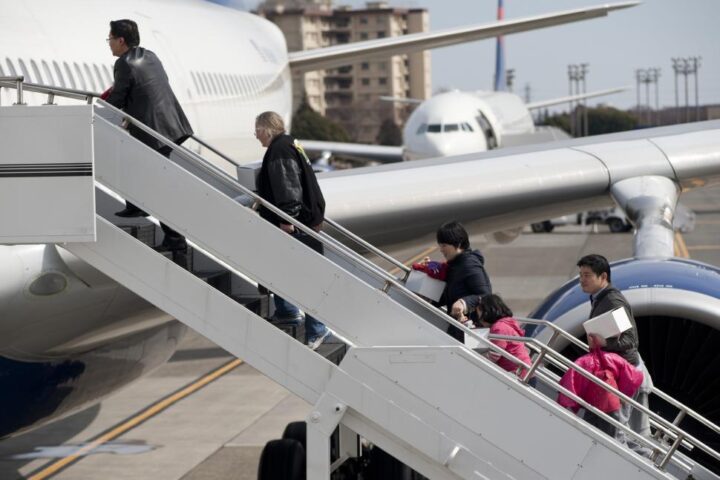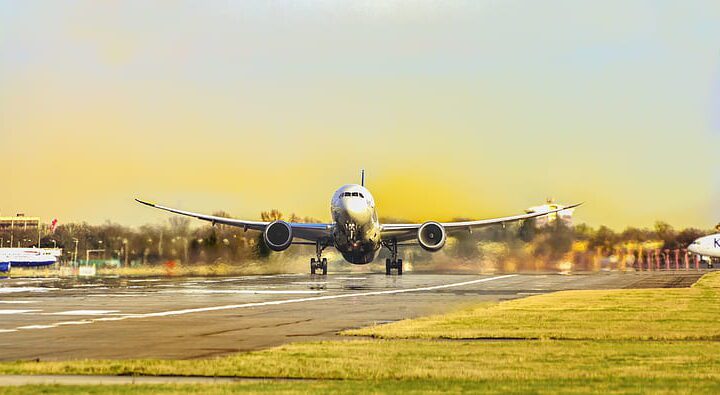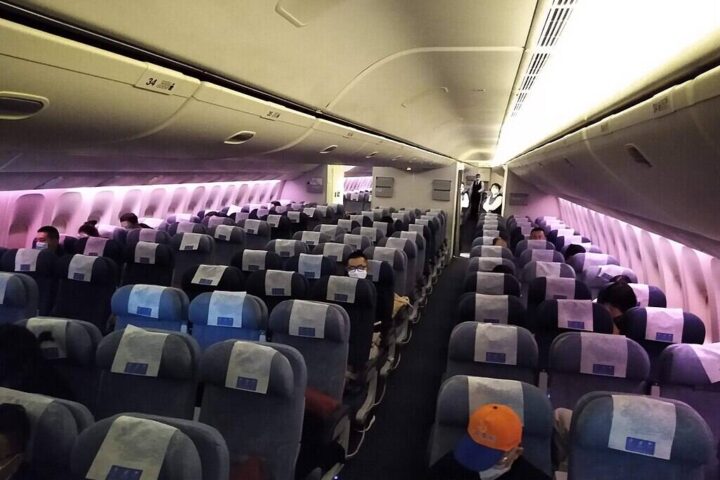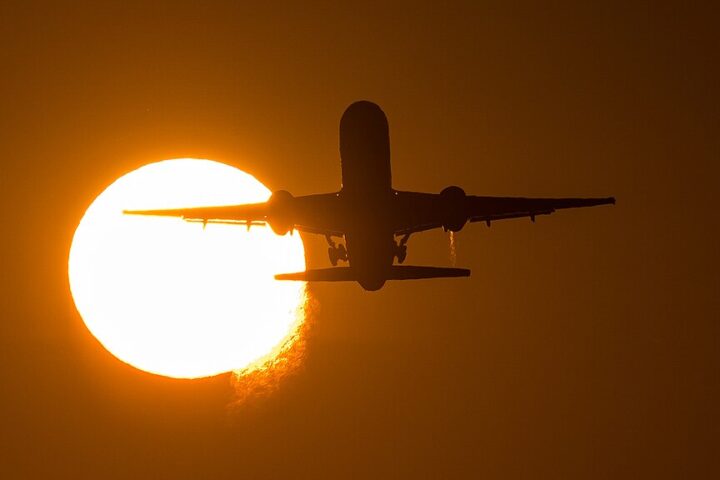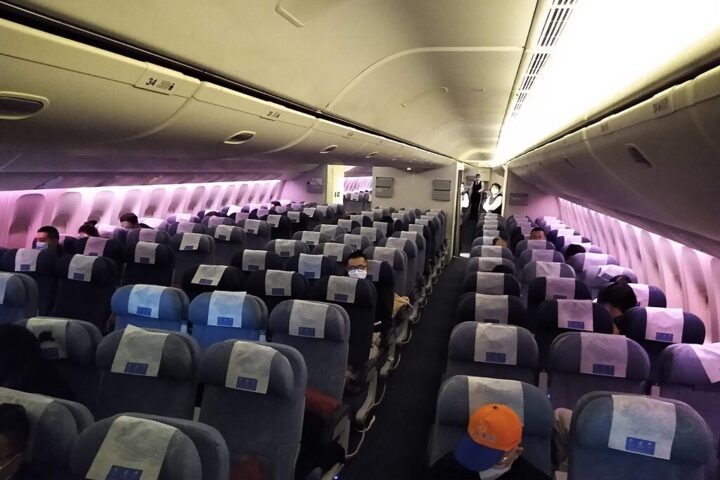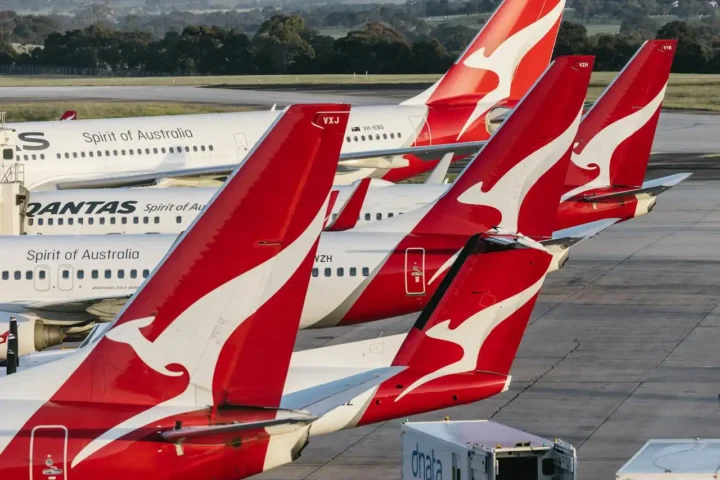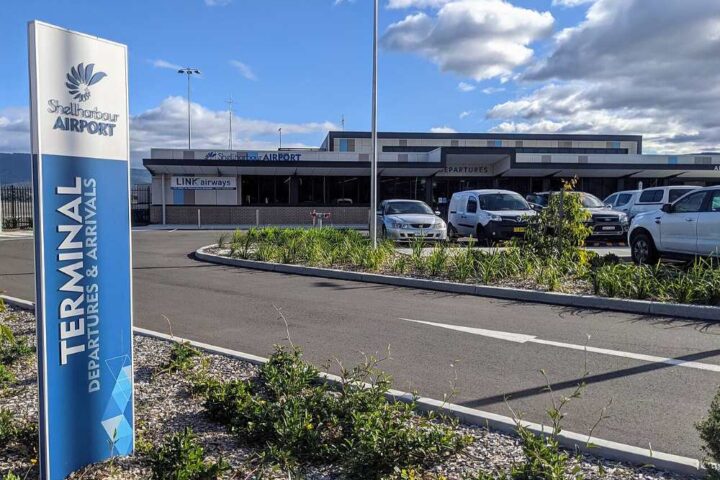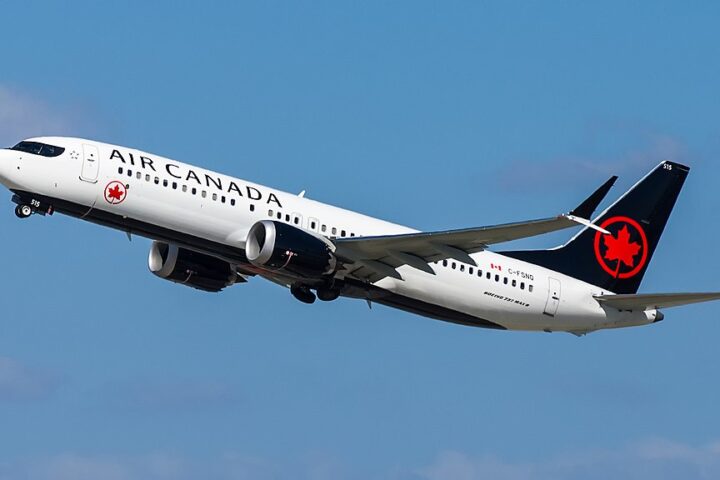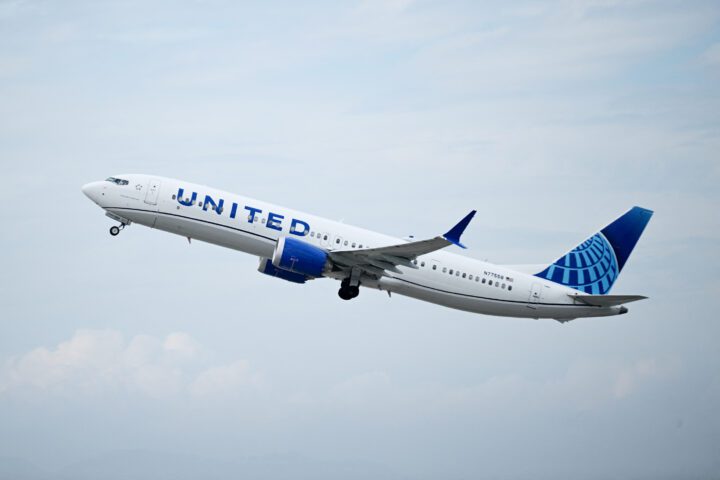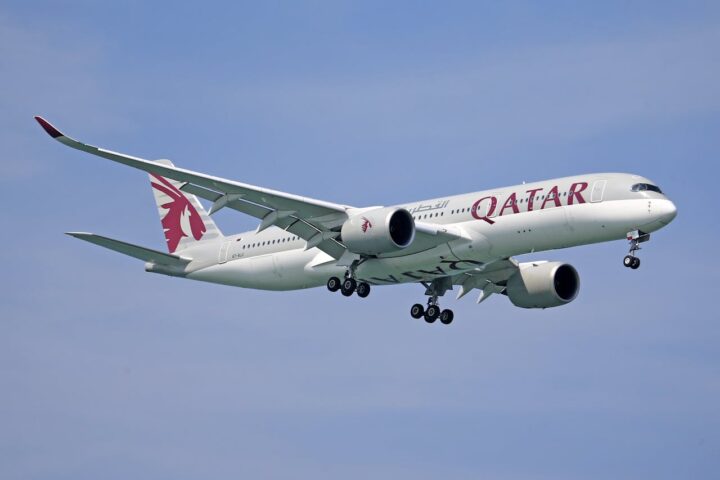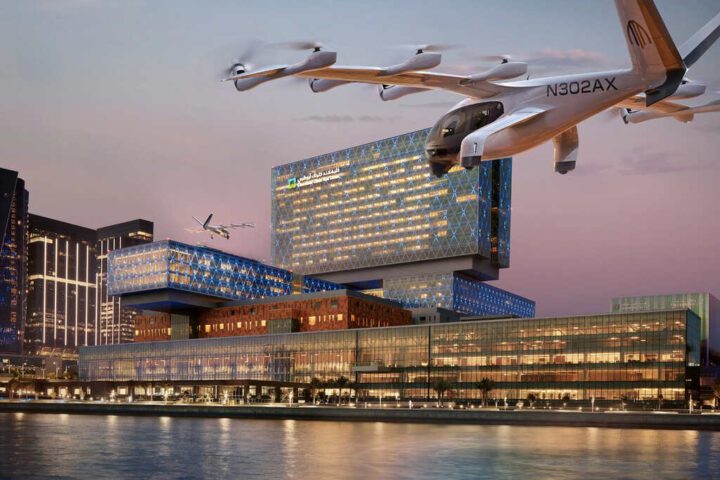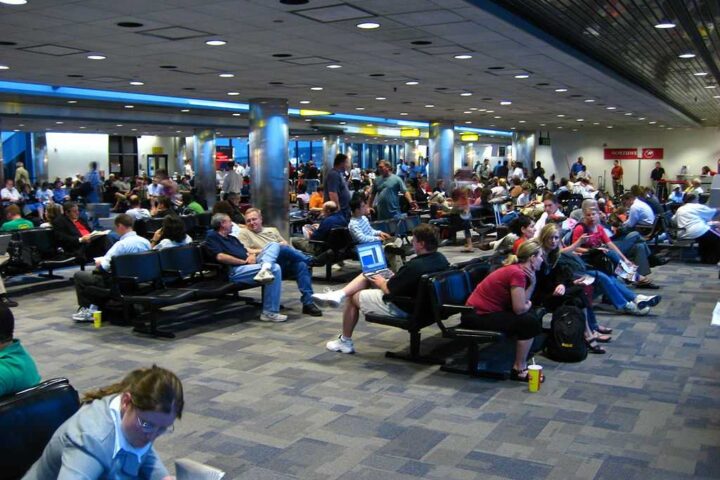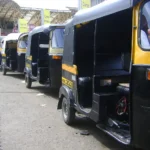Dubai is set to become one of the first cities in the world with a flying taxi service. Joby Aviation, a California-based company, has already delivered its first electric aircraft to Dubai and completed test flights there, setting the stage for commercial service to begin in early 2026.
The electric flying taxi can zip through the air at speeds up to 320 km/h (200 mph) and travel 160 km before needing a recharge. What might impress Dubai residents most is the time savings – a trip from Dubai International Airport to Palm Jumeirah will take just 12 minutes in the air, compared to 45 minutes by car in typical traffic.
Each aircraft can carry four passengers plus a pilot. The vehicles produce zero emissions while flying and are much quieter than helicopters, making them practical for city use.
Dubai’s Roads and Transport Authority has given Joby exclusive rights to operate these air taxis in Dubai for six years. This gives the company time to build out its service without immediate competition.
Construction has already started on the first vertiport – a special landing pad for these aircraft – at Dubai International Airport. This three-story facility will connect with Dubai’s existing transportation system, including the Metro. Three more vertiports are planned at Palm Jumeirah, Dubai Marina, and Downtown Dubai, creating a network across the city’s most popular areas.
Similar Posts
“The United Arab Emirates is a launchpad for a global revolution in how we move,” said JoeBen Bevirt, Joby’s founder and CEO, highlighting Dubai’s role in pioneering this new form of transportation.
For passengers, using the service will be straightforward. They’ll book flights through a Joby app, similar to calling a ride-share service. Prices are expected to be in line with premium car services, though exact fares haven’t been announced.
While the full commercial launch is set for early 2026, Joby plans to begin initial operations in late 2025. This early phase will help the company fine-tune the service before expanding to full capacity.
Behind the scenes, Joby is working through certification processes to ensure safety. The company has completed three of five stages required by the U.S. Federal Aviation Administration and is working with UAE aviation authorities as well.
Financially, Joby reported having about $813 million in cash and short-term investments early in 2025, with total liquidity around $1.3 billion. However, the company spends between $500-540 million annually, which has raised some concerns among financial analysts about its long-term funding needs.
Beyond Dubai, Joby has partnerships with Delta Air Lines for planned operations in New York and Los Angeles. The company has also signed an agreement with Abdul Latif Jameel to explore selling up to 200 aircraft in Saudi Arabia and across the Middle East.
The Dubai launch represents a major milestone not just for Joby but for the entire emerging air taxi industry. If successful, it could help transform how people move through congested urban areas, offering a glimpse of transportation’s future.
Toyota has been a key partner for Joby, with the automotive giant recently investing an additional $500 million to support certification and commercial production. This follows an earlier $394 million investment from 2020, bringing Toyota’s total commitment to $894 million.
Joby has already made history with its aircraft, completing the first urban flight in New York City last year, demonstrating the viability of its technology in dense urban environments. The successful Dubai flights represent another step toward making air taxis an everyday reality.
While Joby leads in Dubai, competitors like Archer Aviation are making similar progress, recently achieving piloted flights at 125 MPH as they work toward their own 2025 commercial launch. The global movement toward electric air mobility is also expanding to other regions, with innovative approaches like zero-emissions flights in Europe pioneered by ELECTRON Aviation and infrastructure development such as San Antonio’s 2027 flying taxi landing pad.
